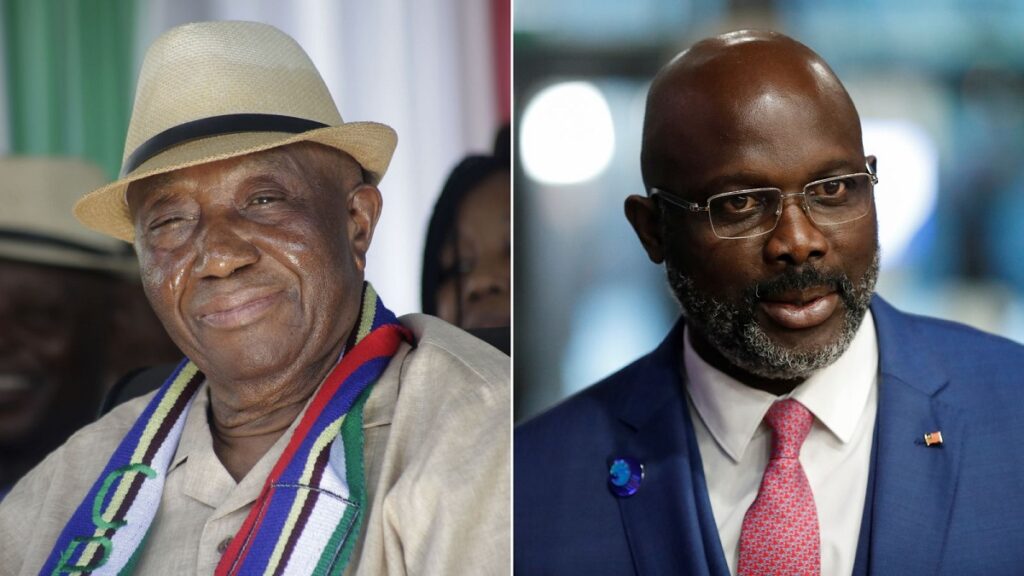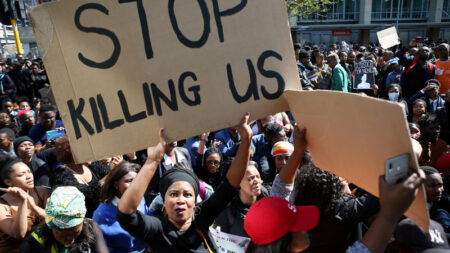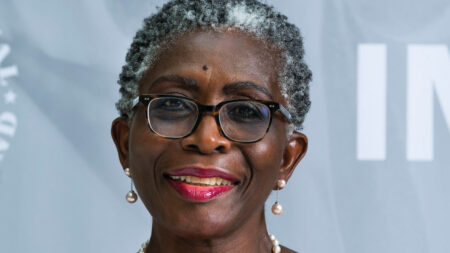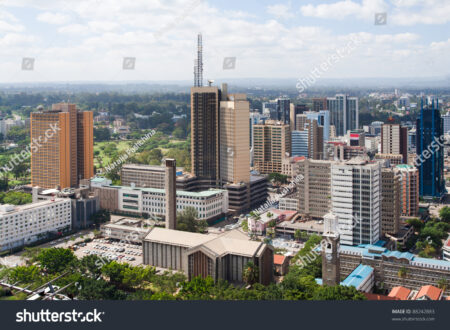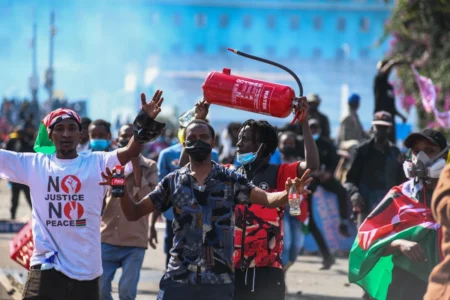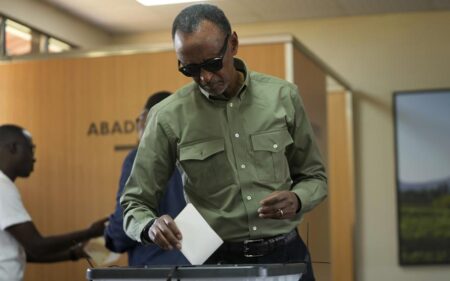- The first round of election concluded with both candidates falling below the 50% threshold required for an outright victory.
- Weah secured 43.83% of the vote, narrowly edging out Boakai, who garnered 43.44%.
- Weah, a former soccer star, is facing the challenge of convincing voters to grant him a second term as he seeks to fulfill promises made during his first tenure.
Liberians are currently participating in a crucial runoff election, deciding between President George Weah and former Vice President Joseph Boakai. The initial round of elections concluded with both candidates in a tight race, falling below the 50 per cent threshold required for an outright victory.
Weah secured 43.83 per cent of the vote, slightly surpassing Boakai, who garnered 43.44 per cent. This narrow margin has heightened expectations for a closely contested second round, emphasizing the significance of this electoral face-off. Weah, aged 57, rose to international prominence as a soccer sensation, playing for European clubs AC Milan and Chelsea.
Runoff election – the issues at hand
Combating poverty, corruption and fixing the country’s security remain key concerns for millions of Liberians. Recent data from a Gallup poll indicates a shifting sentiment among Liberians regarding their standard of living. Only 37 per cent express satisfaction with their current living conditions this year, down from 41 per cent in 2018 when Weah assumed office.
The Gallup poll, conducted just before the October election, shows that 54 per cent approve of Weah’s job performance, a decrease from the 65 per cent recorded in 2022. Additionally, a mere 43 percent believe their standard of living is improving, contrasting with 56 per cent who perceive a decline.
Weah faces the challenge of convincing voters to grant him a second term, pledging to address issues like corruption and improve overall quality of life. Liberia, still recovering from two civil wars (1989-2003) and the 2013-2016 Ebola epidemic, stands at a critical political moment.
Boakai, a former vice president, focuses his campaign on rescuing the nation from what he terms mismanagement under Weah’s administration, marked by corruption scandals. Despite Liberia’s 4.8 per cent economic growth in 2022, driven by gold production and a good harvest, over 80 per cent of the population faces moderate to severe food insecurity, according to a July report from the World Bank. Boakai’s emphasis on governance and socio-economic challenges underscores Liberia’s complexities despite positive economic indicators.
The UN highlights the 2023 elections as a crucial milestone for peace and democracy in Liberia and the wider region. This election is significant, being the first since the conclusion of the United Nations’ peacekeeping mission in Liberia in 2018, established after two civil wars claimed over 250,000 lives.
Read also: Climate vulnerable countries seek urgent adaptation funding
Liberia’s post conflict trajectory
With over 2.4 million registered voters, this election holds immense importance for Liberia’s post-conflict trajectory. Boakai, aged 78, faces the challenge of overcoming age-related perceptions. The electoral commission, overseeing the process, has 15 days to publish the results, with the possibility of an earlier announcement.
The campaigns have been intense, marked by reports of widespread misinformation and clashes that pose the risk of post-election violence. The US has issued a warning about potential visa restrictions for those believed to undermine democracy in Liberia, including through the spread of misinformation.
As Liberians head to the polls, the stakes are high, not only for the candidates but for the nation. The election provides an opportunity for Liberians to choose a leader who will guide the country towards stability, economic growth, and social progress, navigating the complexities of post-war recovery and the ongoing struggle against the aftermath of the Ebola epidemic. The nation and the international community eagerly await the results that will shape Liberia’s future trajectory.





